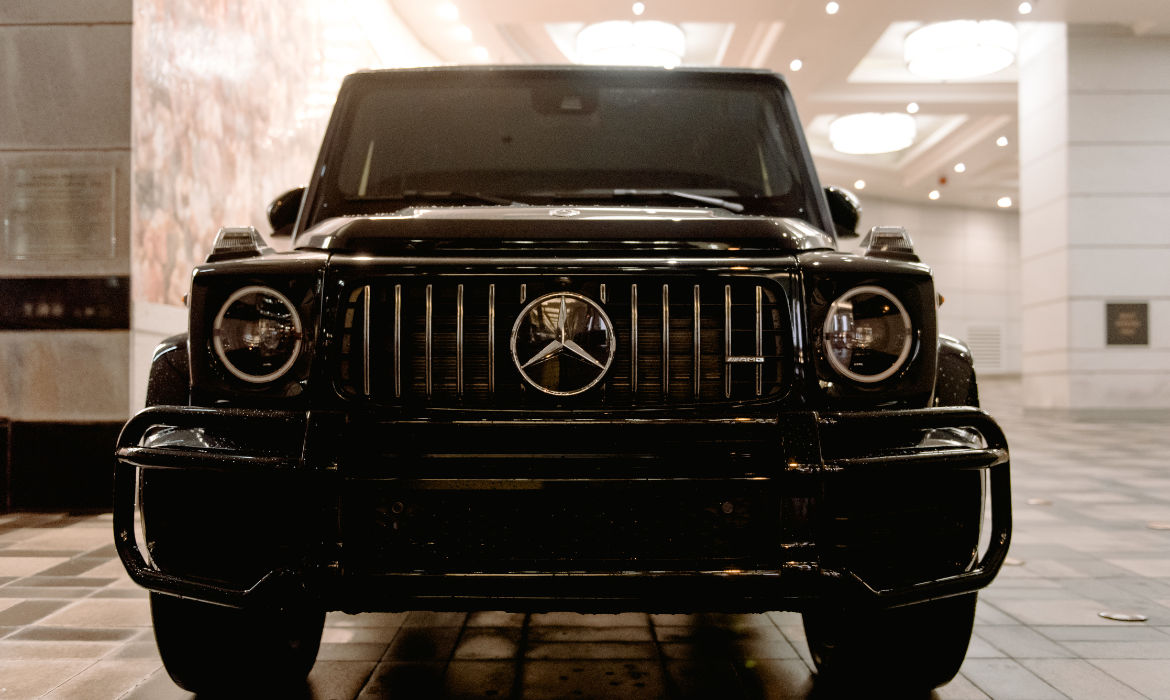Rise by Six: Your Daily Dose of Inspiration
Explore insights and stories that elevate your day.
Is Your Luxury Car Just a Fancier Way to Get Stuck in Traffic?
Discover if your luxury car is really a status symbol or just an expensive ticket to gridlock. Find out now!
The Irony of Luxury: Why High-End Cars Still Face Traffic Jams
The allure of high-end cars lies not only in their cutting-edge technology and luxurious designs but also in the status they confer upon their owners. However, the irony is palpable when these magnificent vehicles find themselves trapped in the same frustrating traffic jams as their more modest counterparts. Despite the impressive horsepower and advanced features that could whisk them away in style, luxury cars remain subject to the same urban gridlock that plagues daily commuters. This paradox raises questions about the actual utility of such vehicles in congested environments, highlighting an intriguing dichotomy between luxury and practicality.
Moreover, the increasing number of high-end cars on the roads contributes to the very gridlock that diminishes their appeal. With affluent consumers seeking to showcase their status through the ownership of prestigious brands, cities are witnessing a surge in high-priced vehicles. As a result, the roads become increasingly crowded, leading to longer travel times and more stress. This situation presents a compelling argument: can we truly enjoy the luxury of a high-end car if we are continually slowed down by the very traffic that these cars attract? It seems the quest for prestige may ironically strip away the joy of driving.

Are Luxury Cars Worth the Investment If You're just Sitting in Traffic?
When considering whether luxury cars are worth the investment, especially if you're spending a significant amount of time sitting in traffic, the answer isn't as straightforward as one might think. On one hand, these vehicles are equipped with superior materials, advanced technology, and enhanced comfort features that can significantly enhance your driving experience. Imagine sinking into a plush leather seat, surrounded by the latest infotainment system while remaining ensconced in a cabin designed to minimize road noise. However, the question arises: does this premium experience justify the often hefty price tag when you are merely idling during your daily commute?
Furthermore, luxury cars tend to come with higher maintenance and insurance costs, which can diminish their long-term value. If you're primarily using your vehicle just for navigation through congested streets, you might find that the performance capabilities of a high-end car go largely underutilized. Additionally, features that once seemed enticing, such as powerful engine performance and advanced handling systems, may not be necessary for everyday driving. Therefore, it’s crucial to weigh the emotional and practical benefits against the financial outlay to determine whether investing in such a vehicle aligns with your lifestyle and driving habits.
Is Your Expensive Ride Making Your Commute Better or Worse?
When it comes to commuting, the appeal of an expensive ride often stems from the promise of luxury and comfort. Many believe that investing in a high-end vehicle will make their daily travels more enjoyable, as features like plush seating, advanced technology, and superior sound systems can transform mundane journeys. However, the reality can be quite different. The stress of maintenance costs, the worry of parking in high-crime areas, and the constant concern over depreciation can overshadow the initial thrill of driving a premium vehicle.
On the flip side, an expensive ride can sometimes exacerbate the challenges of commuting. Long hours spent in heavy traffic may lead to frustration rather than relaxation, even in a luxury car. Additionally, the pressure to maintain a certain image or status can make drivers feel more anxious about their travel choices. This paradox raises an important question: is the high price tag truly worth the benefits? In reality, factors such as time management, stress relief techniques, and even the decision to carpool may prove more beneficial for enhancing your commuting experience.